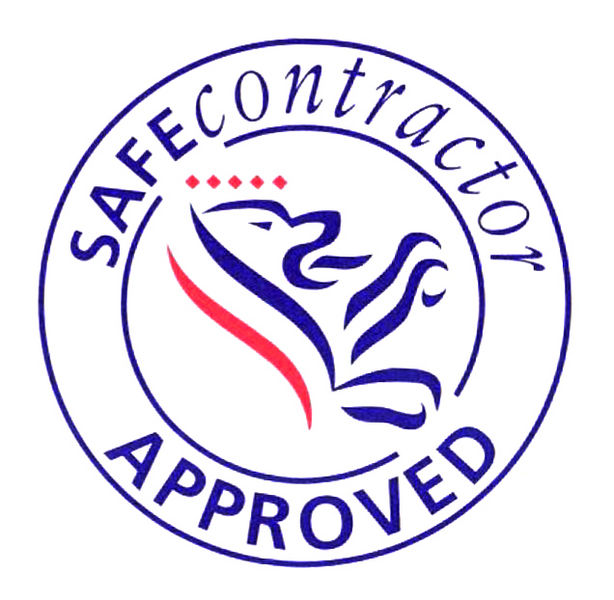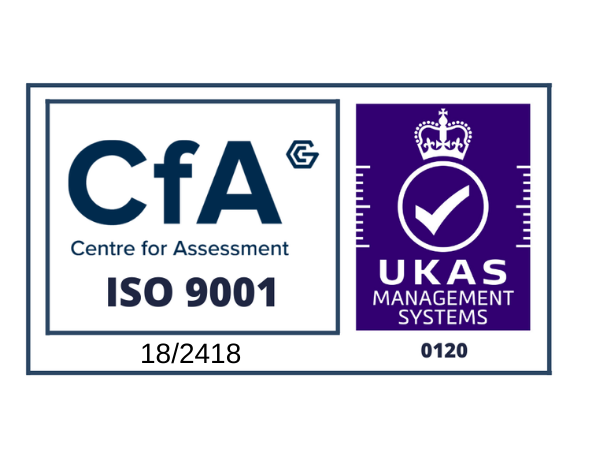A Practical Guide to Choosing the Right Fabricator and the Importance of Quality Control
A Practical Guide to Choosing the Right Fabricator and the Importance of Quality Control
When investing in a metal fabrication project, whether it’s a bespoke staircase, balustrade or structural steelwork, choosing the right fabricator is essential. The quality of craftsmanship, materials used and level of expertise will all have a lasting impact on the durability, safety and overall aesthetics of the final product. This guide will walk you through key factors to consider when selecting a fabricator and why quality control should never be overlooked.
Experience and Expertise Matter
One of the first things to check when choosing a fabricator is their experience and expertise. A well-established company with a solid track record will have the necessary skills to deliver high-quality work. Look at their portfolio to see if they’ve worked on projects similar to yours.
Fabrication is a precise trade that requires knowledge of materials, welding techniques and structural integrity. A skilled fabricator should be able to offer solutions tailored to your project, whether it involves intricate designs, load-bearing structures or compliance with industry regulations.
Reputation and Reviews
A reputable fabricator will have positive customer reviews and testimonials. Look at their website, social media pages and third-party review platforms to see what previous clients have said about their work. Consistently good feedback on workmanship, reliability and customer service is a strong indicator of a trustworthy company.
It’s also worth asking for references, speaking to past customers can give you insight into the fabricator’s process, professionalism and how they handle challenges.
Quality of Materials
Not all metal is the same, and the quality of materials used will impact the longevity and strength of the finished product. A reputable fabricator should be transparent about the materials they use and be able to explain the benefits of different types of steel, aluminium or other metals for your project.
Cheap materials might save money in the short term, but they can lead to serious problems down the line, including rusting, structural weaknesses and higher maintenance costs. You should always ensure your fabricator sources high-grade materials suited to the environment and purpose of the project.
Workmanship and Precision
Metal fabrication is not just about welding pieces of metal together. It involves precise engineering, accurate measurements and skilled craftsmanship. A small miscalculation can lead to a staircase not fitting correctly or a balustrade failing to meet safety standards.
Ask to see examples of previous work and, if possible, visit a site where the fabricator’s products have been installed. This will give you a better understanding of the quality of their work and how well it stands up over time.
Compliance with Regulations
When dealing with metal structures, safety is paramount. A good fabricator should have a thorough understanding of building regulations and industry standards. This is especially important for structural steelwork, staircases and fire escapes, where non-compliance could lead to serious safety risks.
Make sure the fabricator follows the necessary legal requirements and ask about their quality assurance processes. They should always be able to provide relevant certification and evidence of compliance.
The Importance of Quality Control
Quality control should be a priority for any reputable fabricator. A strong quality control process ensures that each piece produced meets the required standards, is fit for purpose and has been thoroughly inspected before installation.
Fabricators with robust quality control systems will have checks in place at every stage of production, from material selection to final finishing. This reduces the risk of faults, defects and safety issues.
Customisation and Design Support
If you require a bespoke fabrication, choose a company that offers design support. Many fabricators work closely with architects, builders and designers to ensure the finished product meets both aesthetic and functional requirements.
Having a fabricator who can provide design advice, 3D modelling and technical drawings can make the process much smoother and help avoid potential issues during manufacturing and installation.
Lead Times and Communication
Delays can be costly, so it’s important to work with a fabricator who can provide realistic lead times and stick to them. Reliable fabricators will have a clear project timeline and communicate effectively throughout the process.
Good communication ensures you are kept informed about the progress of your project, any potential delays and what to expect at each stage. A fabricator who is difficult to reach or unclear about timelines may not be the best choice.
Aftercare and Support
A quality fabricator doesn’t just complete the job and walk away, they should offer aftercare support, maintenance advice and be available to address any concerns you might have post-installation.
Whether it’s minor adjustments, additional treatments to prolong the lifespan of the metalwork or general advice on upkeep, a company that provides ongoing support is a sign of a professional, customer-focused fabricator.
Conclusion
Choosing the right fabricator is not just about finding the cheapest quote. It requires careful consideration of experience, reputation, material quality, compliance with regulations and commitment to quality control. Investing in a skilled and reputable fabricator will ensure that your project is completed to a high standard, meets safety requirements and lasts for years to come.
If you are looking for a fabricator with expertise in bespoke staircases, balustrades and steelwork, get in touch with Bradfabs. With years of experience, a strong reputation and a commitment to quality, we are here to help bring your project to life.







